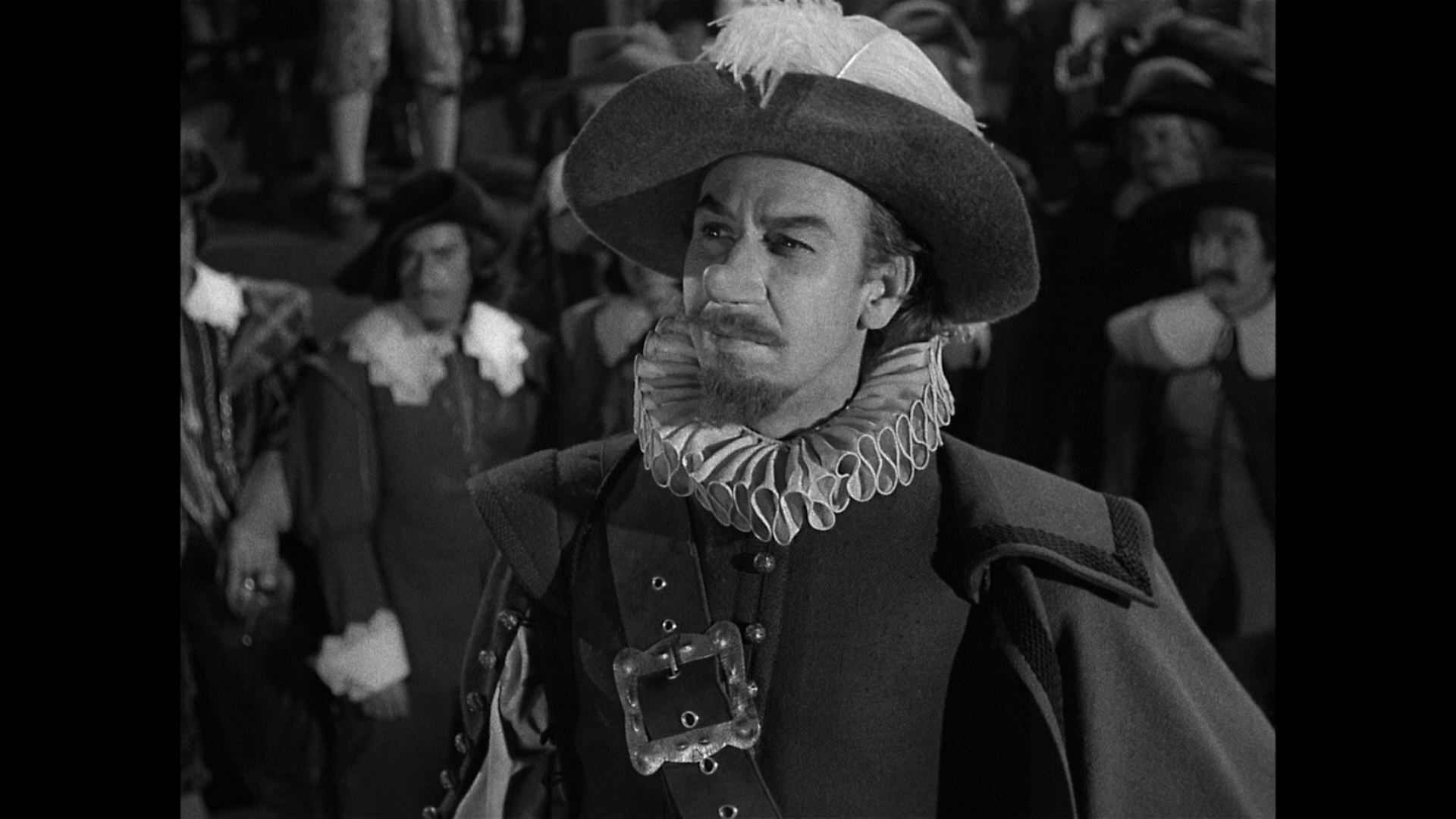

He confesses that he is in love with her, but harbors no hope of it being returned because of his nose. When Le Bret presses him to reveal the real reason he hates Montfleury, Cyrano admits that he became jealous when he saw his beautiful cousin Roxane (Mala Powers) being smiled at by the actor. With the last line, he stabs his opponent.Ĭyrano's friend Le Bret (Morris Carnovsky), Captain of the Gascony guards, warns him he has made powerful enemies of his victim's friends, but he is unconcerned. He then composes a ballade (forme fixe) for the occasion on the spot and recites it during the swordfight.

Cyrano first mocks his lack of wit, improvising numerous inventive ways in which Valvert could have phrased it (much to the amusement of the audience). An annoyed aristocratic fop, the Vicomte de Valvert (Albert Cavens), provokes him into a duel by tritely insulting Cyrano's enormous nose.

In seventeenth century Paris, poet and supreme swordsman Cyrano de Bergerac (José Ferrer) stops a play from being shown because he cannot stand the bombastic style of the principal actor, Montfleury (Arthur Blake (actor)). The film is now in the public domain, and is available in both Blu-ray and DVD formats. Mala Powers played Roxane, and William Prince (actor) portrayed Christian de Neuvillette. José Ferrer received the Academy Award for Best Actor for his starring performance as Cyrano de Bergerac. The 1950 film was produced by Stanley Kramer and directed by Michael Gordon (film director). The film was the first motion picture version in English of Rostand's play, though there were several earlier adaptations in different languages. It uses poet Brian Hooker (poet)'s 1923 English language blank verse translation as the basis for its screenplay. Cyrano de Bergerac is a 1950 black-and-white feature film based on the 1897 French language Alexandrines verse drama Cyrano de Bergerac (play) by Edmond Rostand.


 0 kommentar(er)
0 kommentar(er)
